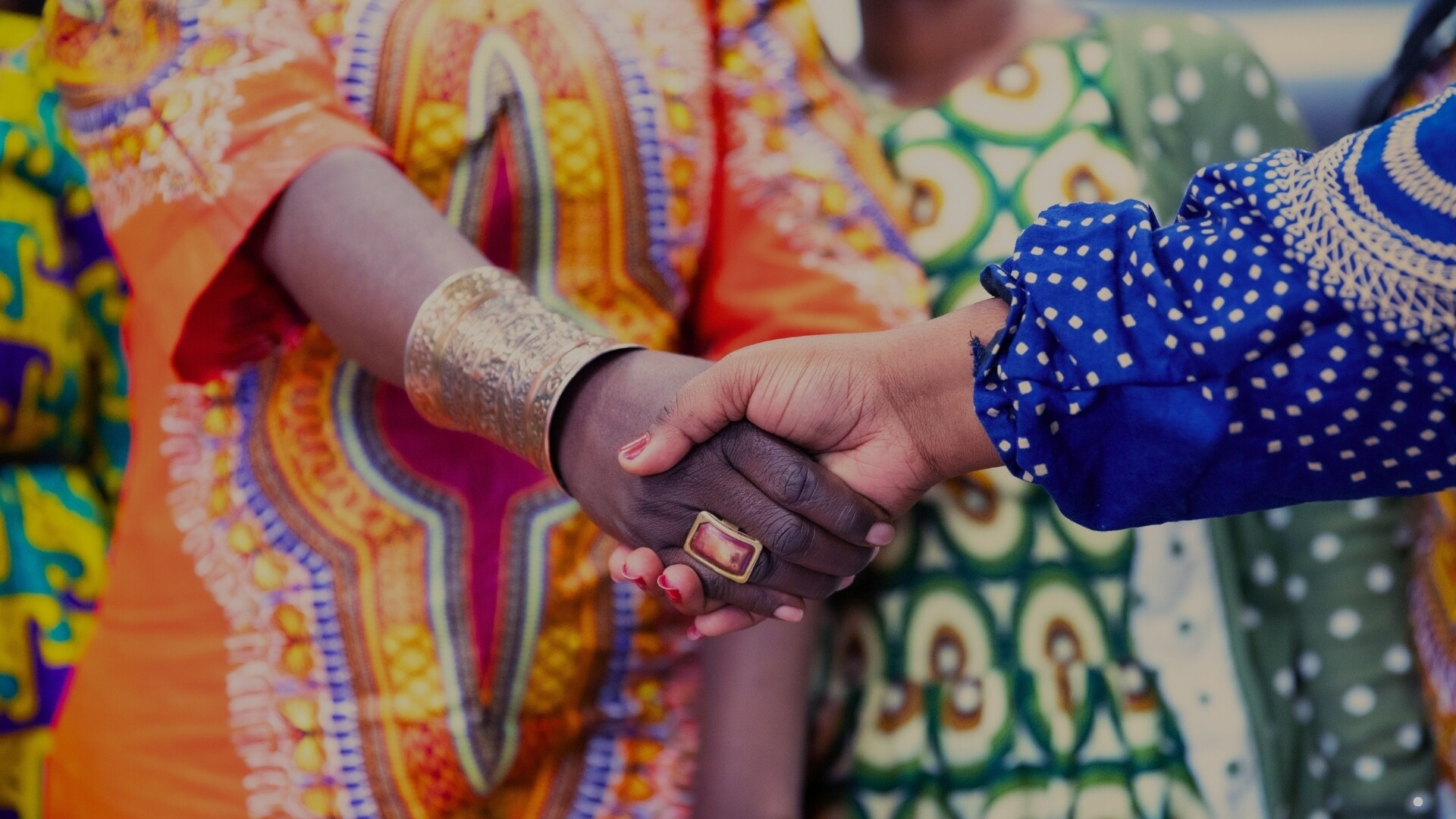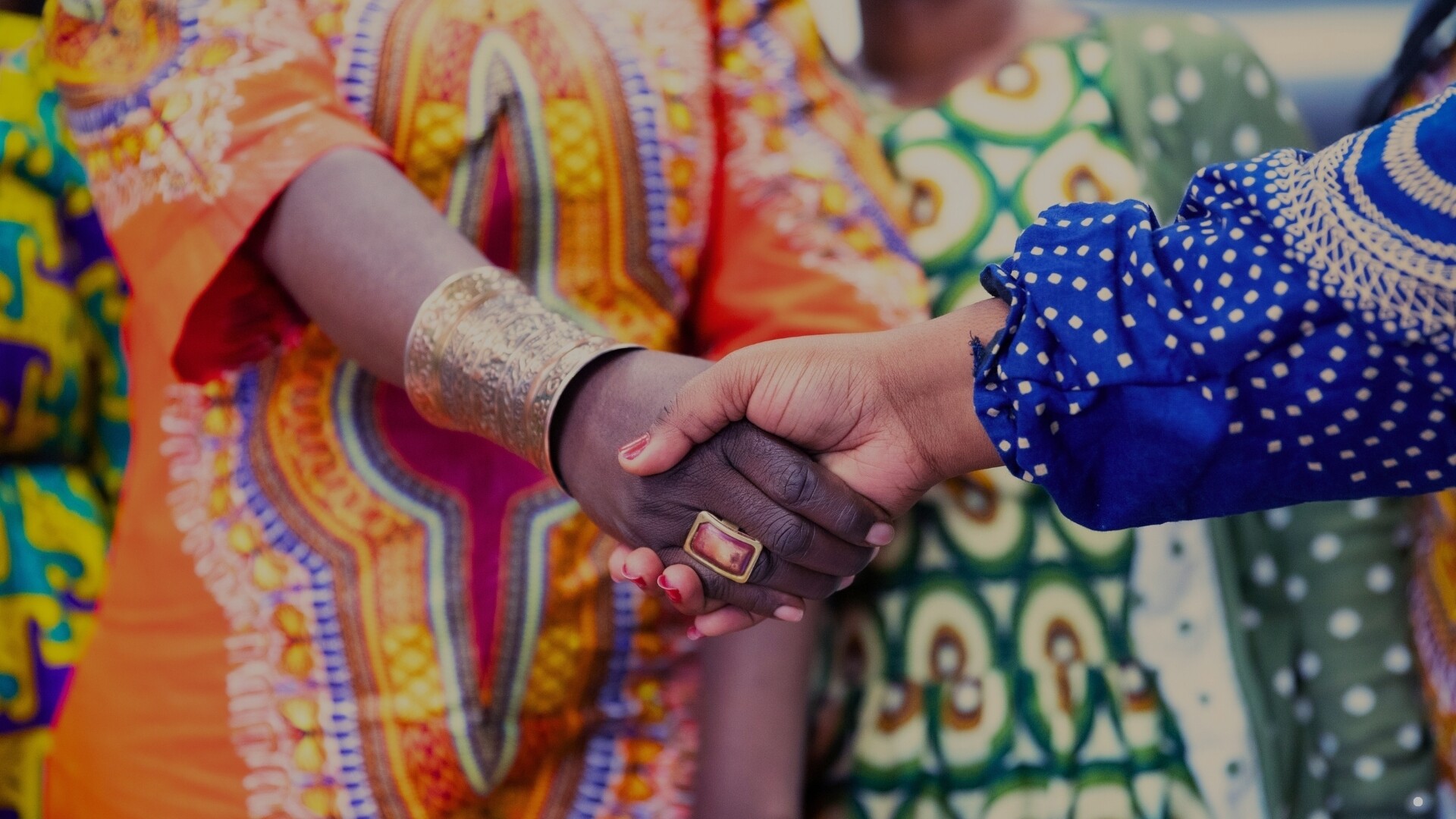

News
Article: Supporting Women’s Entrepreneurship: Partnerships That Transform Economic Ecosystems
September 29, 2025Published in Les Affaires. Read the original article here.
Women’s leadership helps build inclusive, dynamic, and sustainable value chains. Since 1958, the Centre d’étude et de coopération internationale (CECI) has promoted women’s economic autonomy worldwide. Through international volunteering, supported by the Government of Canada, CECI creates spaces for connection and exchange among women entrepreneurs and highlights the benefits of strategic, equitable partnerships, such as the one developed with Maria Distribution, a Senegalese company founded and led by Mariama Mbodji.
In this context, CECI paired Sohkna Fatou Niang, a Canadian volunteer of Senegalese origin, with the company to collaborate on business development. The $190,000 loan granted by the Fonds d’investissement solidaire international du Québec (FISIQ) was an important lever, but it formed part of a broader, personalized approach grounded in reciprocity.
“A Quebec–Senegal partnership goes beyond funding alone. Maria Distribution was chosen for its commitment to involve women in its region and generate collective impact beyond the company. Here, as elsewhere, when women start businesses, entire ecosystems are positively transformed. Our collaboration is based on knowledge-sharing, intercultural dialogue, and social innovation,” explains Sohkna Fatou Niang.
Volunteering with women-led businesses not only highlights unique opportunities in high-growth sectors but also fosters solidarity and economic transformation. In this spirit, CECI, as an investment partner, supports FISIQ and facilitates partnerships that go beyond financing to build real bridges for collaboration and knowledge-sharing between Quebec and Senegal.
Through this initiative, the social-impact company—recognized for its syrups, juices, jams, and preserved local fruits and vegetables—has significantly expanded its market share. The company aims to create business opportunities for women and regularly collaborates with a broad female network. In the long term, the loan will provide around 500 women with higher annual incomes. “This type of strategic partnership generates benefits not only for the company but also for producers, processors, employees, and consumers. This ripple effect creates an inclusive and sustainable value chain,” adds Sohkna Fatou Niang.
Women-led businesses do not emerge in a vacuum: they respond to concrete needs—feeding families, generating energy, facilitating access to education, and more. They often share a vision: creating economic value through jobs and income while strengthening the social fabric.
A different vision of Africa
According to CECI, Africa is still often misunderstood or reduced to a simplistic view. “Too often seen merely as a recipient of aid, Africa is actually among the world’s most dynamic growth hubs, driven by an innovative youth. Quebec—its policymakers and businesses—would benefit from changing this perception and establishing strategic partnerships based on co-developing sustainable economic and commercial solutions that generate positive outcomes for all,” says Koumba Diallo Anouma, CECI’s Regional Director for Africa.
With 1.4 billion inhabitants, 60% under the age of 25, Africa is a rapidly growing continent. By 2030, annual consumer and business spending is expected to reach USD 6,600 billion, a 65% increase compared to 2015. The continent holds one-third of the world’s mineral reserves, 60% of arable land, and over 400 companies generating more than USD 1 billion in annual revenue each.
“Investing in Africa, and especially in African women, means building a mutually beneficial alliance geared toward a future of new opportunities. This vast territory is a dynamic space for innovation and entrepreneurship. Quebec has every interest in investing and cooperating with the region in ways that combine economic prosperity with innovative transformation, generating inclusive and resilient economies,” concludes Koumba Diallo Anouma.
Do you want to support women’s leadership and contribute to transforming the entrepreneurial ecosystem? Discover how to get involved.
The CECI International Volunteer Cooperation Program is funded by Global Affairs Canada.